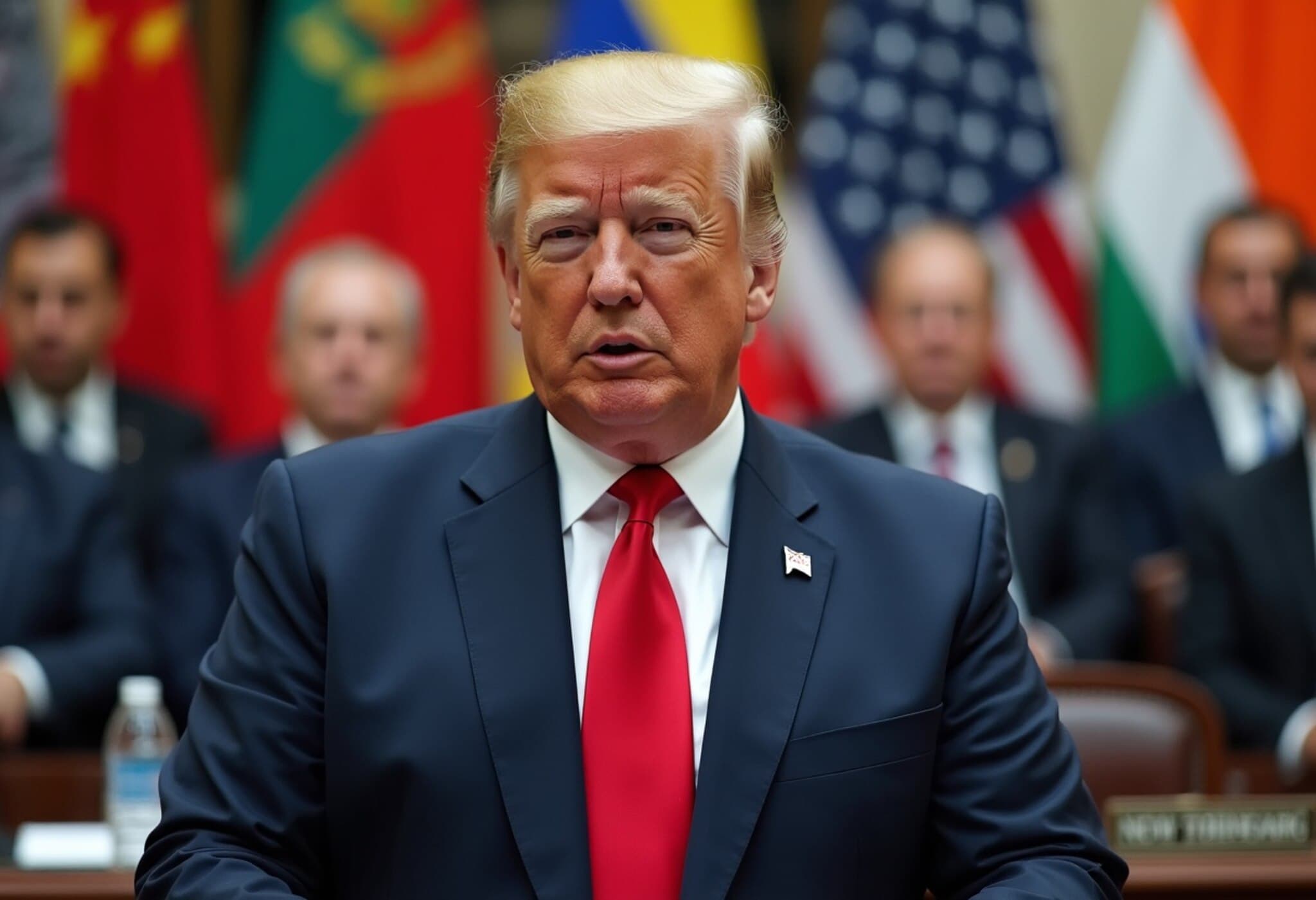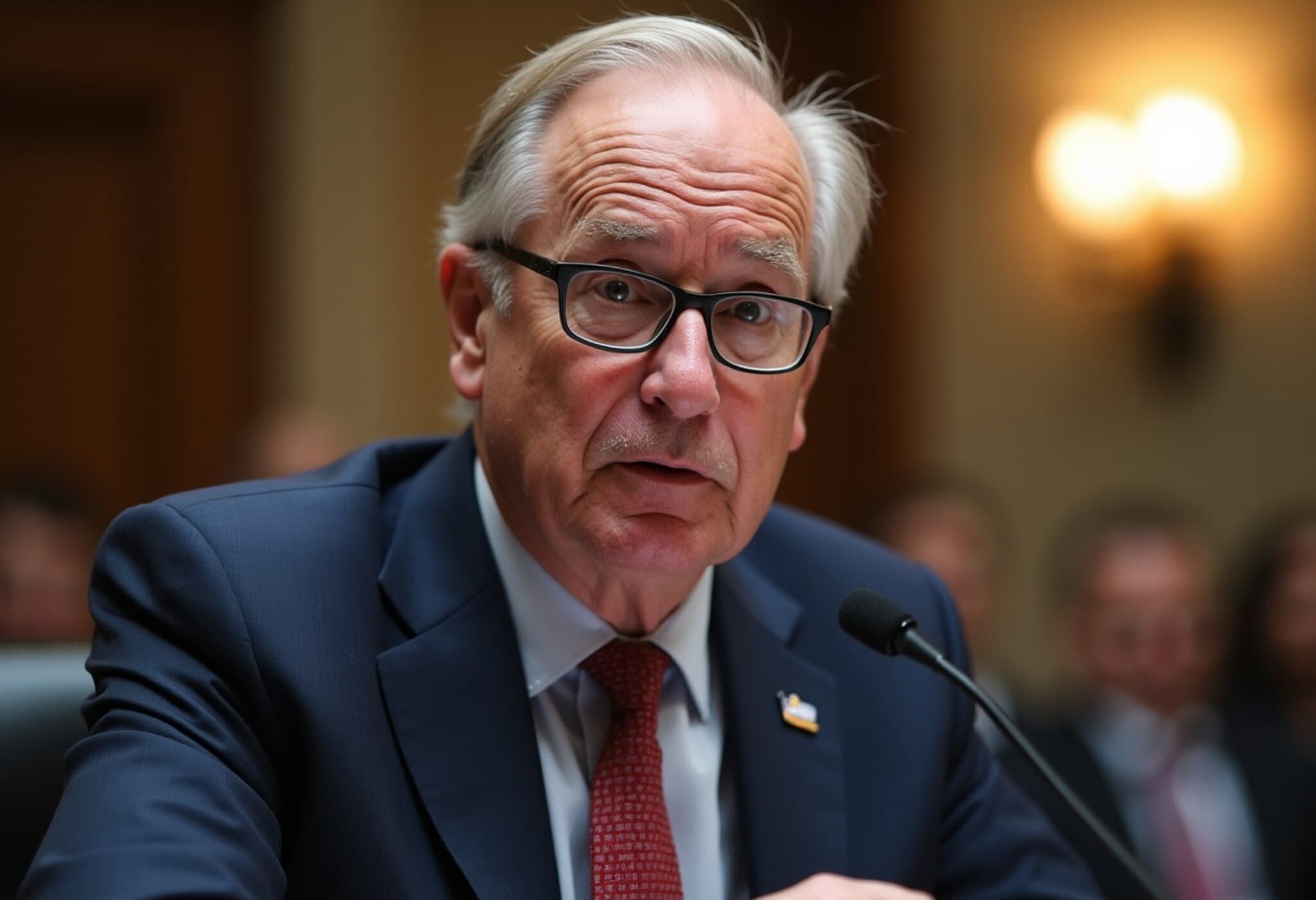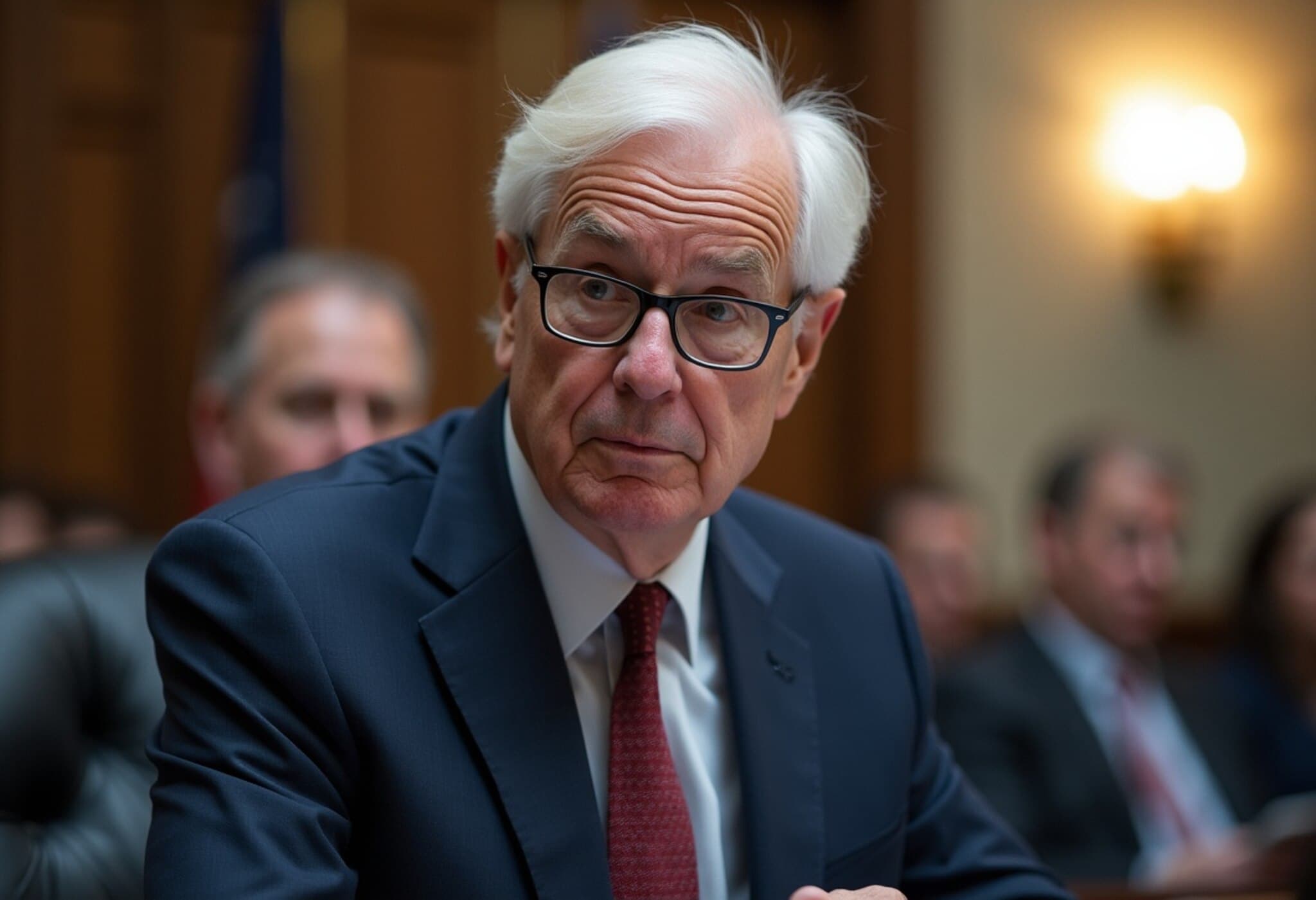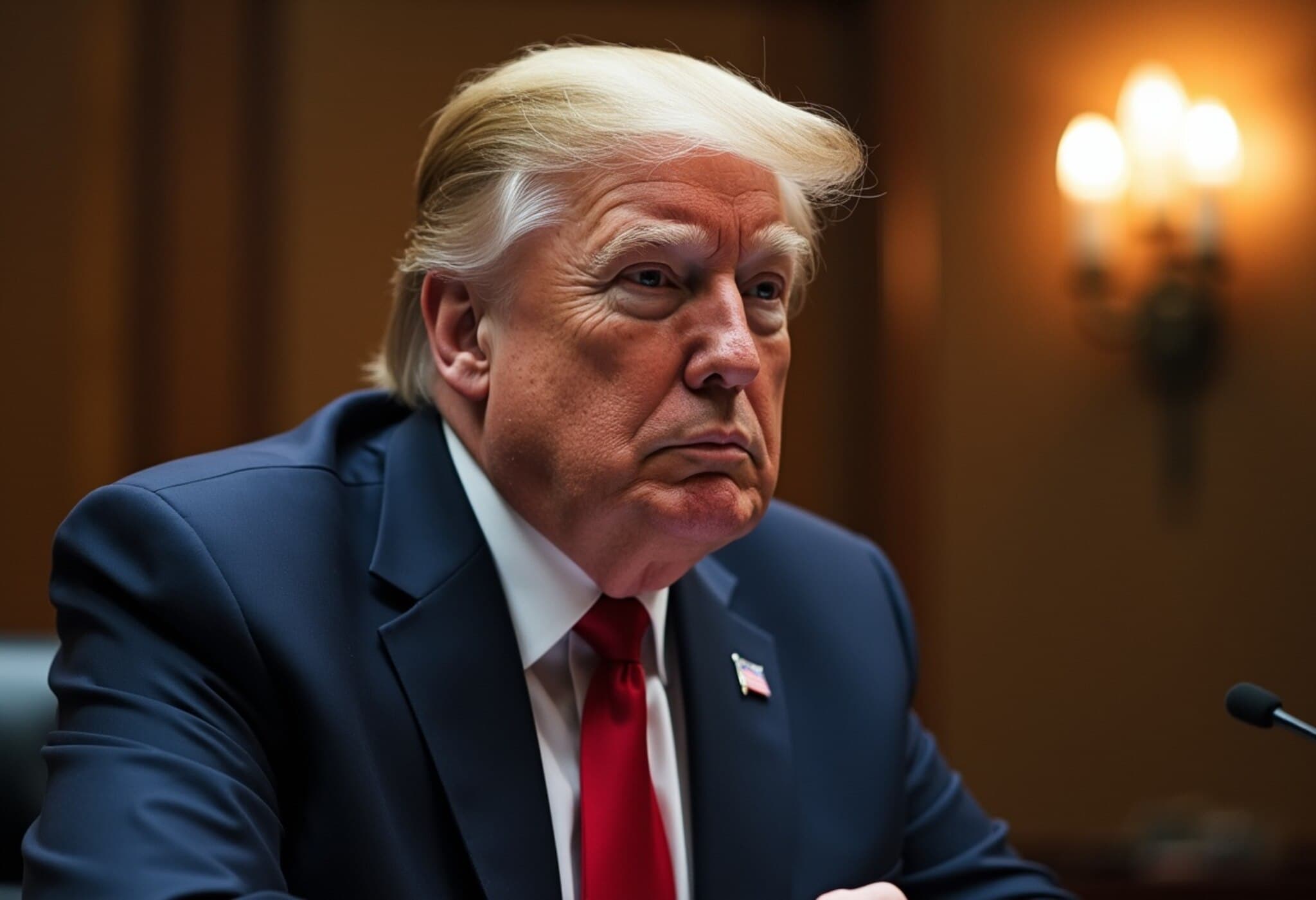Consumer Confidence Bounces Back Strongly in June
Recent data reveals a surprising uptick in consumer sentiment during early June, signaling a notable easing of economic pessimism among Americans. According to the University of Michigan's latest survey, consumers appear less worried about inflation and economic downturns than they were just a month ago, spurred in part by promising developments in the ongoing trade disputes.
Key Figures Reveal Renewed Optimism
- The headline consumer sentiment index climbed to 60.5, far surpassing the predicted 54 and marking a robust 15.9% rise compared to May.
- The current economic conditions index rose by 8.1%, while expectations for the future soared by an even more dramatic 21.9%.
This rebound follows an earlier shock to confidence caused by abrupt tariff announcements, which had initially unsettled consumers and markets alike.
Inflation Expectations Drop Significantly
Inflation outlooks also showed signs of easing, with the one-year inflation expectation dropping to 5.1%, a decline of 1.5 percentage points, reaching levels not seen since the early 1980s. The five-year inflation forecast edged down slightly to 4.1%.
Survey director Joanne Hsu explained, “Consumers’ fears about the impact of tariffs on inflation have moderated, though concerns remain that trade policies could still fuel price increases over the next year.” Despite the improved sentiment, worries about the economy's future persist due to geopolitical uncertainties and potential trade disruptions.
Trade Negotiations Begin to Soften Tariff-Related Fears
The improvements in consumer outlook correspond with recent trade developments. Following aggressive tariff threats earlier in the year, the administration has now initiated a 90-day negotiation period with major trade partners, including China, which has helped alleviate some anxiety among consumers.
This shift from uncertainty to cautious optimism suggests consumers are gradually adjusting to the new trade environment, distancing themselves from the initial shock caused by the tariff announcements.
Complementary Economic Indicators Support Softening Inflation Pressure
Other economic reports reinforce this more positive view. Inflation data released this week showed only a minor 0.1% rise in consumer and producer prices, implying tariffs have yet to significantly impact overall inflation. Moreover, the Federal Reserve Bank of New York noted a decrease in inflation expectations to 3.2% in May.
Nevertheless, many economists anticipate that tariffs could still exert upward pressure on prices in the months ahead, keeping inflation concerns on the radar.
Policy Outlook and Market Expectations
The softer inflation readings have increased calls from government officials for the Federal Reserve to resume lowering interest rates. Despite this, market consensus anticipates that the central bank will hold off on any rate cuts until at least September, with meetings scheduled to assess economic conditions further.
As tensions over trade remain a significant factor, the evolving consumer sentiment offers a critical pulse on how the American public may weather future economic shifts.



















